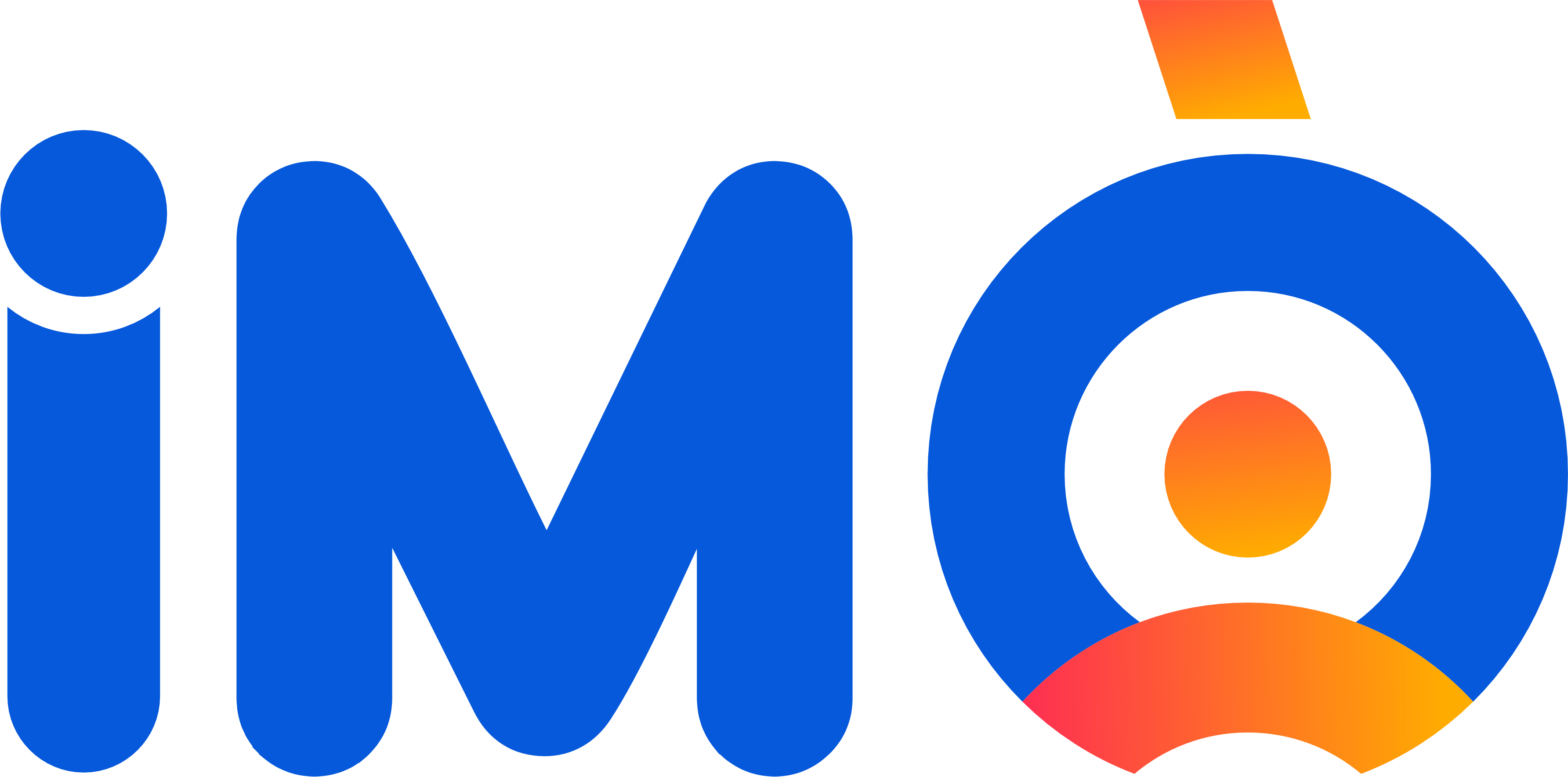What leadership means in a borderless workplace is not just an evolution, it is a reinvention. As offices dissolve and geography loses its grip on how teams operate, leadership has been stripped back to its essence. Authority no longer rests on titles or presence but on trust, communication and empathy. In this new world of work, leadership is being redefined not by where people lead from but by how they lead.
There was a time leadership thrived on proximity. The corner office symbolised control and presence equalled productivity. Today, none of that holds weight. Teams are scattered across cities, countries and time zones, united not by space but by purpose. The role of a leader has become far more nuanced, no longer about managing what is visible but inspiring what is possible. The shift from presence to purpose is not a small adjustment; it is a complete rewrite of how leadership is understood and enacted. The leaders who excel in this new landscape are those who bring meaning to motion, clarity to chaos and connection to distance.
The New Foundation of Leadership
In a borderless workplace, trust has replaced visibility as the measure of leadership. Without shared offices or physical cues, leaders can no longer rely on proximity to gauge productivity. Instead, they must create environments where accountability and autonomy coexist.
Trust is built through transparency, consistency and clarity. The best leaders communicate expectations openly, empower decision-making and support rather than supervise. They understand that micromanagement is the death of motivation and that performance thrives where people feel trusted to deliver. Leaders who prioritise trust create resilient teams capable of achieving goals independently while staying aligned with the company’s purpose.
Great leadership now requires patience and presence in digital form. It demands fairness, openness and understanding of how people thrive when they are seen, heard and supported. The ability to lead through trust rather than control is what separates those who merely manage from those who inspire. When trust becomes the culture, performance becomes the outcome.
Communication as the Core of Leadership
Without walls, communication becomes the architecture of leadership. In a borderless world, clarity and rhythm replace meetings and visibility. Modern leaders have learned that communication is not about frequency but intentionality, knowing when to inform, when to listen and when to create space.
Strong communication in this new world of work involves
- Establishing a clear rhythm so everyone understands when to expect updates and feedback
- Prioritising clarity over quantity by sending fewer but more meaningful messages
- Listening actively to uncover what team members need rather than assuming
- Designing communication systems that preserve both alignment and autonomy
- Using technology purposefully so that tools serve collaboration, not overwhelm
Research from Harvard Business Review shows that the most effective distributed leaders focus on outcomes over activity and clarity over control. They create feedback loops where information flows smoothly, and listening carries as much weight as direction. Communication in leadership has therefore become both a tool and a skill, an ongoing balance between guidance and freedom.
Culture Without Borders
Culture once lived within the walls of office layouts, team lunches and shared rituals. In a borderless workplace, it now lives in the everyday actions of leaders. The strongest leaders have become cultural architects, intentionally shaping how people feel connected to shared values.
A borderless culture thrives when leaders
- Recognise and celebrate wins regardless of location or time zone
- Encourage open dialogue so everyone feels seen, heard and valued
- Model transparency and fairness in decisions that affect teams
- Create rituals for connection, such as virtual check-ins or learning sessions
- Champion inclusion so that every voice contributes to collective success
Digital collaboration has made culture measurable, revealing whether teams feel supported and inspired. As Forbes notes, the leaders who will define the next decade are those who lead culture consciously, designing, belonging and ensuring that every team member experiences purpose in their work.
Leaders must now ask new questions: How do we create unity when people may never meet? How do we celebrate success across cultures? How do we build loyalty in spaces without walls? The answers lie in intentional leadership. Culture without borders is not an afterthought; it is a daily practice that shapes the emotional fabric of the organisation.
The Defining Skill of Modern Leaders
Adaptability has become the ultimate leadership skill in a world without fixed structures. Leaders today must navigate constant shifts in technology, culture and human expectations. The ability to evolve, learn and respond with empathy now outweighs any static sense of authority.
Adaptable leaders know that strategy and empathy are not opposites but complementary forces that build resilience. They stay open to feedback, flexible in approach and grounded in the understanding that leadership is a relationship, not a role. They build systems that can bend without breaking and teams that can grow without losing cohesion.
As work continues to globalise, IMÒ is helping organisations adapt to this new reality. The company connects leaders with diverse high-performing talent across the globe, building teams that reflect the borderless world we now inhabit. IMÒ’s model ensures that businesses can scale with confidence, drawing from a global pool of exceptional talent while maintaining cohesion and culture.
Whether your organisation is redefining leadership practices, building inclusive cultures, or scaling teams beyond borders, IMÒ Talent ensures your workforce is resilient, adaptive, and ready for the future of work. Leverage IMÒ today to learn how to lead in a borderless workplace.

